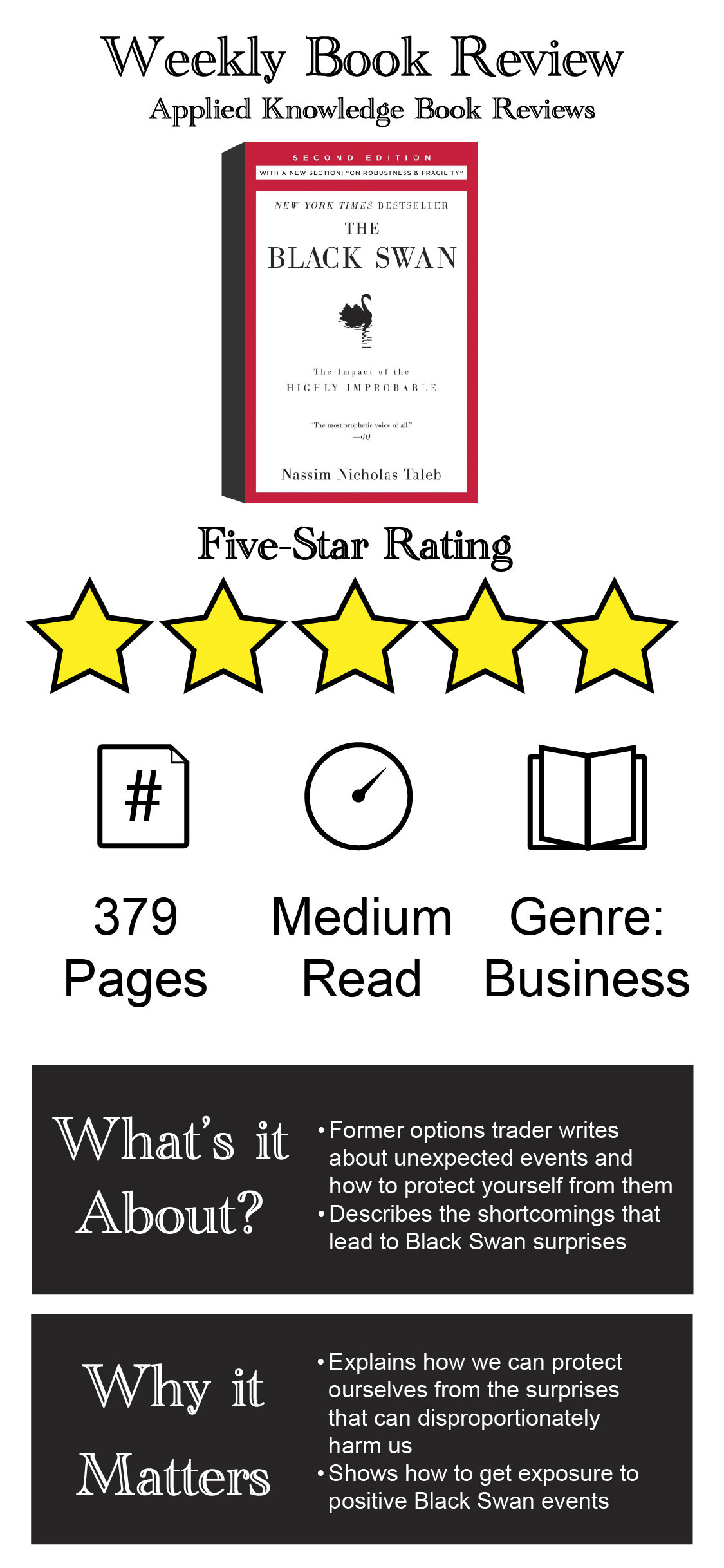How to Predict Unpredictable Events
Expanding your view of what could go wrong will prepare you for new emergencies, but trying to guess the next specific disaster is a fool’s errand.
In 2007, Nassim Taleb released The Black Swan, a book about improbable events that are unaccounted for in the minds of people thinking about potential disasters. It was a bestseller as the Financial Crisis unfolded, and the 2010 second edition has aged well, too.
The expansion of technologies like AI and prediction markets has promised a better view of the future. However, AI models have constraints that engineers impose on them, and prediction markets have settlement terms that can change the odds that traders converge on.
Blind spots in future-telling remain, and hidden in these blind spots are disasters and risks that even strong predictive models are unprepared for.
The Biggest Misunderstanding About Black Swans
Taleb’s title comes from an observation about actual black swans. “Before the discovery of Australia,” he writes, “people in the Old World were convinced that all swans were white.” Once someone saw the first black swan, that outlier collapsed that worldview. Black Swan events have come to mean exceptionally rare events that aren’t predicted by ordinary experience.
He gives the example of the 2003 white tiger attack during a Siegfried and Roy show. The white tiger, Manticore, attacked his handler, Roy Horn, after seven years without incident. The Mirage had prepared for security risks, the risks of theft, and the risks of too many gamblers winning big. It hadn’t prepared for the relationship between its show tiger and its handler going south live on stage.
The Mirage has professionals in charge of mitigating risks to its business, but these pros still missed a major risk to the casino — one of its headline shows abruptly ending. There’s a reason intelligent people miss Black Swan events:
“The Black Swan is the result of collective and individual epistemic limitations (or distortions), mostly confidence in knowledge; it is not an objective phenomenon. The most severe mistake made in the interpretation of my Black Swan is to try to define an ‘objective Black Swan’ that would be invariant in the eyes of all observers. The events of September 11, 2001, were a Black Swan for the victims, but certainly not to the perpetrators.”
Whether an event is a Black Swan depends on your point of view. The tiger knew it was going to snap before Roy or the Mirage executives did. Black Swans just emerged outside of the risks that were most prepared for.
However, trying to predict specific Black Swans isn’t the answer.
Prepare, Don’t Predict
Risk analysts could expand their imaginations and anticipate creative new disasters, but that’s the opposite approach Taleb recommends:
“…do not try to predict precise Black Swans — it tends to make you more vulnerable to the ones you did not predict. My friends Andy Marshall and Andrew Mays at the Department of Defense face the same problem. The impulse on the part of the military is to devote resources to predicting the next problems. These thinkers advocate the opposite: invest in preparedness, not in prediction.”
It’s nearly impossible to predict the next disaster. Even prediction markets, which put a price and probability on an event’s likelihood, depend on the event being measured, the third-party source used to determine whether the event happened, and can’t be created on events that aren’t anticipated to begin with.
It’s not all doom and gloom, though. Taleb takes pains to point out that there are positive Black Swans as well as negative ones:
“Remember that positive Black Swans have a necessary first step: you need to be exposed to them. any people do not realize that they are getting a lucky break in life when they get it. If a big publisher (or a big art dealer or a movie executive or a hotshot banker or a big thinker) suggests an appointment, cancel anything you have planned: you may never see such a window open up again.”
In Midnight’s Children, Salman Rushdie wrote, “Most of what matters in your life takes place in your absence.” The same can be said of Black Swans, both good and bad.


